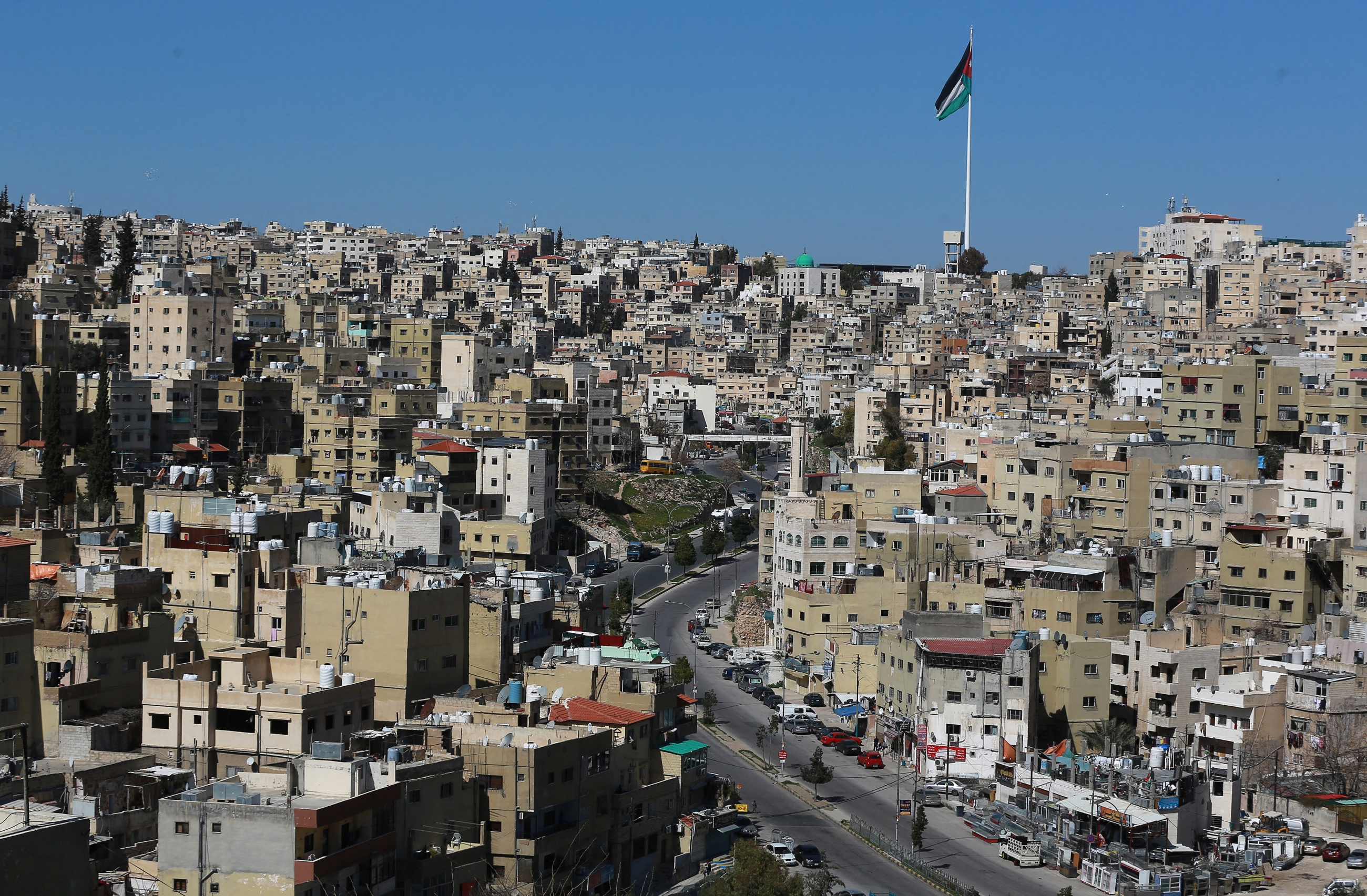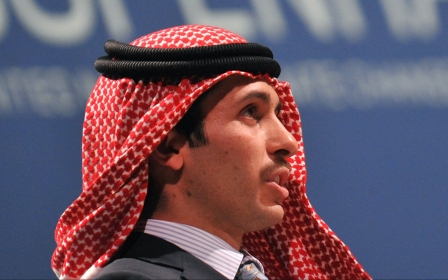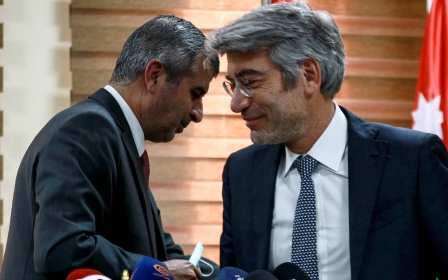Jordan to accelerate IMF-backed reforms to spur growth, says finance minister

Jordan will push ahead with IMF-backed structural reforms, as it contends with "tremendous challenges" from rising interest rates and slowing global growth, the country’s finance minister said on Monday.
In January, the kingdom completed a third review of a four-year $1.5bn loan programme with the IMF designed to improve public spending and put the economy on a stable economic path.
According to the IMF, Jordan is set to emerge from a Covid-19 induced recession with economic growth in 2022 hitting 2.7 percent. In December Fitch Ratings also upgraded its outlook for the country's credit from negative to stable.
Jordanian Finance Minister Mohamad al-Ississ said the developments reflected the positive steps Amman has taken to improve its economy in recent years, as it used the pandemic as an opportunity to "expedite" the pace of reforms.
He added that unlike previous reform attempts which had been imposed on the kingdom from the outside, the current efforts were internally driven and based on sustainable public support.
New MEE newsletter: Jerusalem Dispatch
Sign up to get the latest insights and analysis on Israel-Palestine, alongside Turkey Unpacked and other MEE newsletters
"This [is] 100 percent Jordan's reform program… we own it, we sequenced it, and we have been pushing deep, serious structural reforms," he said at an event sponsored by the Wilson Center, a Washington DC based think-tank.
Ississ said Jordan was on track to hit its target of an 80 percent debt to GDP ratio by the time it exits its extended fund facility with the IMF, and noted that efforts to close tax loopholes and broaden the country's tax base have allowed the kingdom to generate historic revenue gains, while not raising taxes.
Besides pushing a progressive expansion of the tax base, Jordan has reduced customs tariffs and launched a reform of its electricity sector. Ississ said the moves are aimed at reducing the cost of doing business in the kingdom and spurring private sector job creation.
Jordan has also earmarked roughly $2.1bn from its 2022 budget for capital spending to boost growth and invest in infrastructure, a 43 percent increase from the previous year, which Ississ called an "unprecedented expansion".
The bulk of Jordan's budget has historically gone to supporting public sector salaries and pensions. In 2021 public payrolls comprised nearly 65 percent of state spending.
A resource-poor country heavily reliant on western aid, Jordan has struggled to revive its deteriorating economy, with Gross Domestic Product (GDP) per capita in the kingdom more or less declining since 2009.
The coronavirus pandemic decimated the tourism sector, a rare bright spot of the country’s economy and engine for private sector job creation. One in four adults in the kingdom are unemployed, while youth unemployment stands at roughly 50 percent.
Jordan's woes have been compounded by external factors. The kingdom has been hit hard by spillover from neighbouring conflicts and currently hosts 1.3 million Syrian refugees.
Ississ warned that a lack of financial support for Jordan would imperil stability in the region and could unleash a new wave of refugees from the Middle East, even as Europe contends with an influx of arrivals fleeing the war in Ukraine.
"The world has stopped supporting Jordan," he said, urging states to contribute more, adding Amman is "doing a global public service of housing refugees."
Middle East Eye delivers independent and unrivalled coverage and analysis of the Middle East, North Africa and beyond. To learn more about republishing this content and the associated fees, please fill out this form. More about MEE can be found here.





